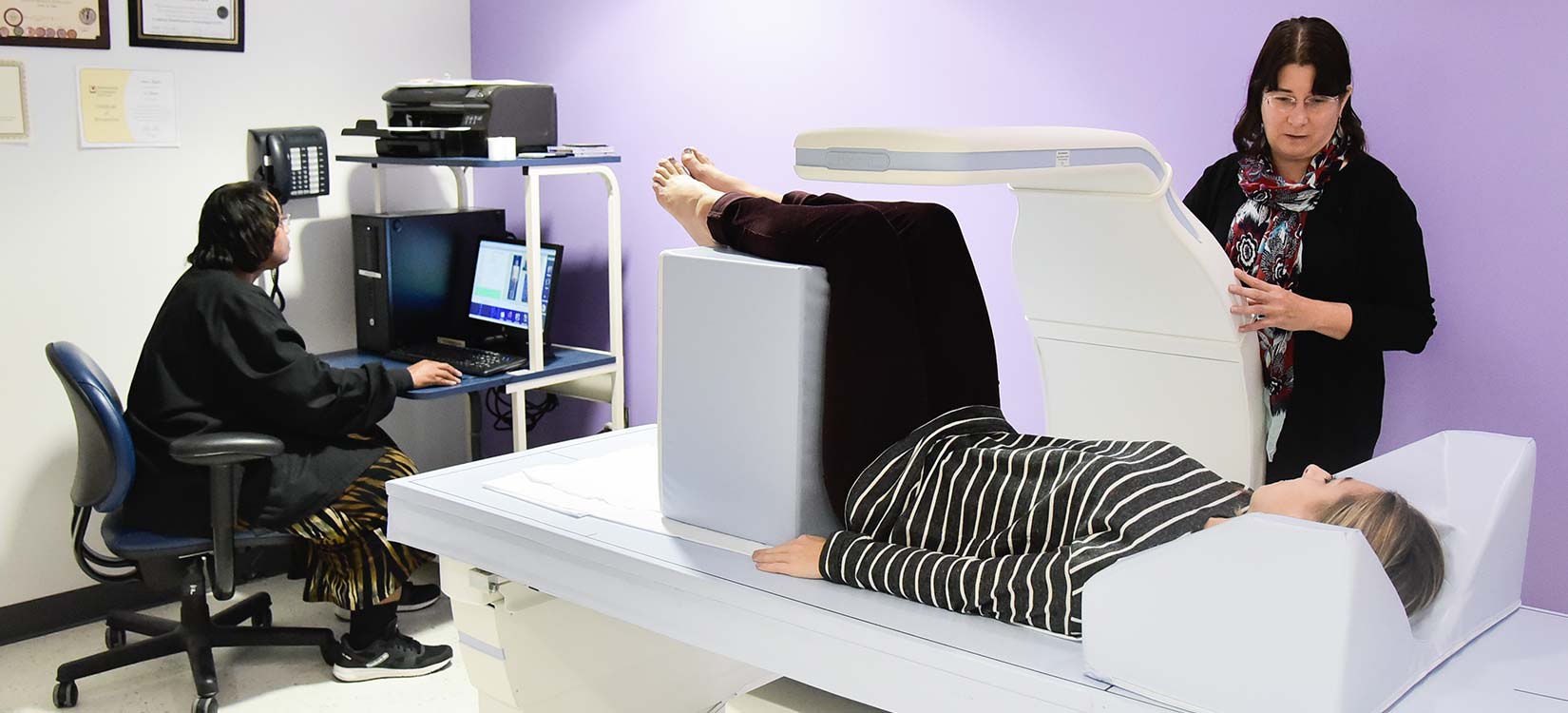Investigating the effect of behavioral medication on growing bones
 Barbara Gracious, MD, is investigating whether antidepressants affect bone health in children and teens.
Barbara Gracious, MD, is investigating whether antidepressants affect bone health in children and teens.
Adolescence is a critical time for bone development. Early research data suggest short-term risks such as a higher risk for bone fractures and longer-term risks, such as reduced lower lumbar spine bone mass.
This research has important implications for clinicians considering treatment plans for their young patients. Results suggest that when treating depression using the lowest doses for the shortest minimum time period is beneficial for healthy skeletal development, says Dr. Gracious. Her work is currently under review for publication.
Dr. Gracious' work is funded by The Jeffery Research Fellowship. Tad and Nancy Jeffery, Ohio philanthropists and longtime supporters of behavioral health research, created this fellowship with donations of $1 million to both Ohio State and Nationwide Children's Hospital. This fellowship supports promising, early research in child and adolescent mental health across the two institutions.
As a Jeffery Fellow, Dr. Gracious focuses on the safety of conventional psychopharmacological treatments of mood and autism spectrum disorders in adolescents and the efficacy of alternative therapeutics. She is an associate professor of Clinical Psychiatry in the Ohio State University Department of Psychiatry and Behavioral Health and a principal investigator at the Center for Innovation in Pediatric Practice at Nationwide Children's Hospital.
Dr. Gracious collaborates with Mary Fristad, PhD, ABPP, to investigate whether nutritional supplements are viable therapeutics for mood and behavioral disorders. Dr. Fristad is a former Jeffery Fellow. Therapeutic interventions she developed as a fellow are now in use at Nationwide Children's Hospital. Together, Drs. Gracious and Fristad are now examining whether omega-fatty acid supplements benefit preschool children, who were born extremely pre-term and are showing signs of an autism spectrum disorder. They are also examining whether broad-spectrum micronutrients such as L-methylfolate, the metabolite of folic acid, might help depressed youths who are unresponsive or intolerant of standard antidepressant treatments.

